Most everyone has heard that drinking plenty of water is healthy for you. Drink eight – 8-ounce glasses of water a day, if you’re thirsty, you’re already dehydrated, you can never drink too much water…all good things to think about.
No doubt that water is a necessity for all living things in order to survive. Without water, none of us would be here. A person can survive weeks without food, but without water, they can’t survive more than a few days.
Water hydration is essential for your health, and there are many benefits of staying properly hydrated.
Water Makes Up Over Half Of Our Bodies
Over 60% of our bodies are made up of water. According to H.H. Mitchell, Journal of Biological Chemistry 158, Issue 3, our blood is composed of over 93% water, our lungs are composed of over 83% water, our kidneys, spleen, digestive system, and muscles are all composed of approximately 79% water, while the brain, heart and pancreas are composed of 73% water. Even our skin is composed of 64% water.
Needless to say, without water, our bodies can’t function properly, as all the cells and organs of our body need it. Most of us don’t drink enough water though, which can ultimately affect our health. Continue reading to see how drinking more water daily can improve your health.
Drink Water For Healthy Lungs
As noted above, our lungs are composed of over 83% water. Staying hydrated can keep our lungs healthy in several ways. Your blood is more than 90 percent water, and your blood is what carries oxygen to different parts of your body. To take in oxygen and eliminate carbon dioxide, our lungs must be continually moistened with water. According to heartspecialists.net.au, when your body becomes dehydrated, it tries to prevent respiratory water loss by producing histamines which close off the capillaries in the lungs. This reduces water loss but makes breathing more difficult.
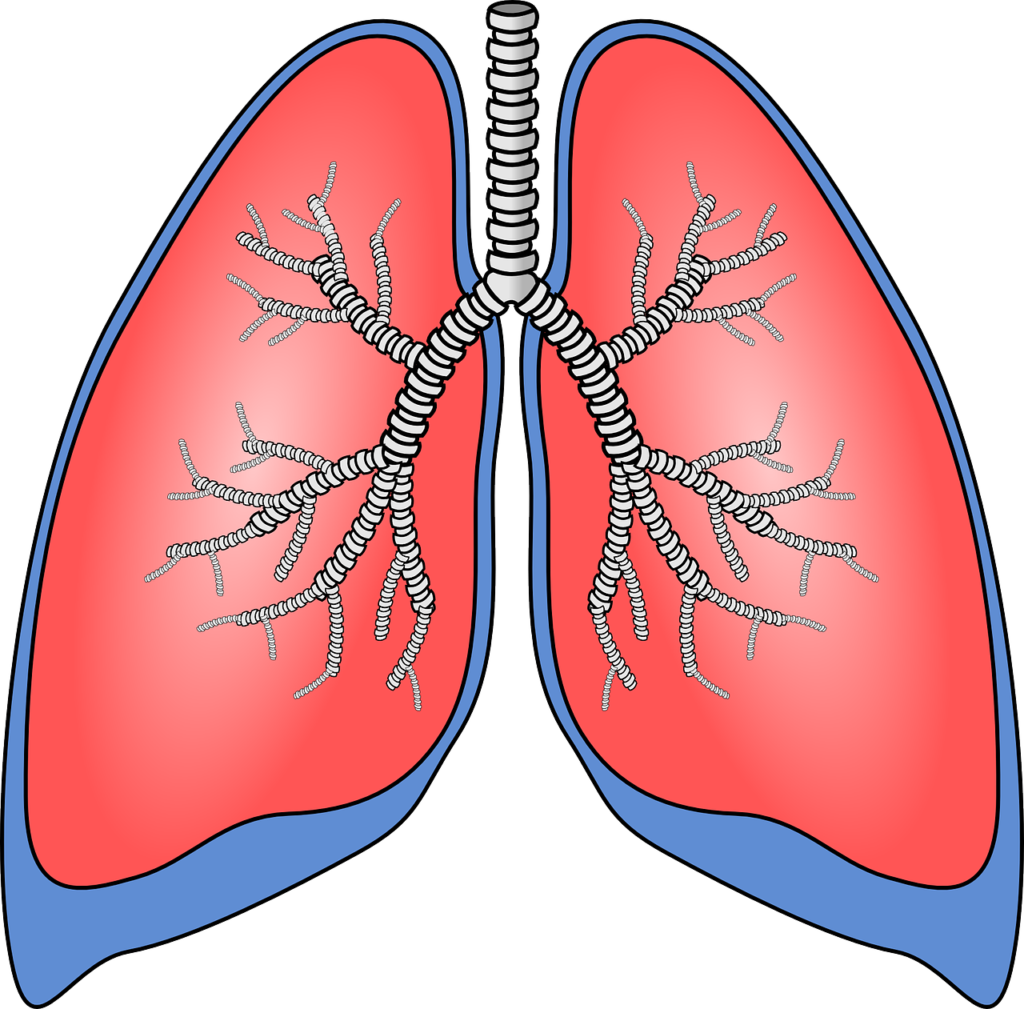
Drinking water also helps to thin the mucus secretions that naturally accumulate in your lungs each day, which allows you to breathe more easily. When you are dehydrated, the linings of the sinuses and airways become dry and prone to irritation. When the airways become too dry, the risk of breathing problems, or breathing-related problems increases. If one suffers from asthma, staying hydrated becomes even more important for breathing.
I live in an area with a lot of pollen in the area, and my doctor told me that the best thing I could do to alleviate allergy symptoms was to keep my sinuses moist. Drinking water helps do just that.
Water Hydration Can Prevent Kidney Damage
The kidneys regulate fluid in the body, and water is essential for the kidneys to function. Healthy kidneys filter about a half cup of blood every minute, removing wastes and extra water to make urine. Your kidneys also remove acid that is produced by the cells of your body and maintain a healthy balance of water, salts, and minerals in your blood. Without this balance, nerves, muscles, and other tissues in your body may not work normally.1
When you become dehydrated, your kidneys have to work harder to keep this balance. You can become tired, and out of balance. If you remain dehydrated for a long period of time, you can do permanent damage to your kidneys.
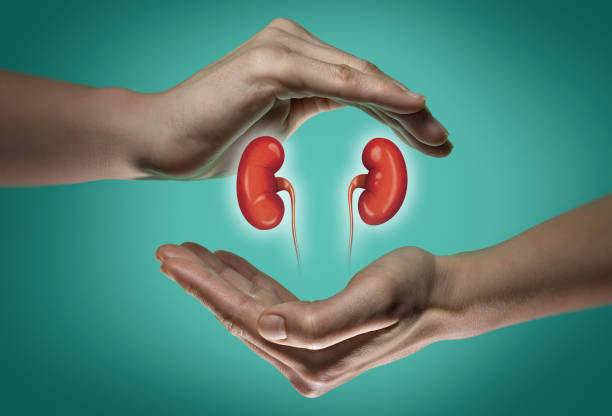
If the kidneys are not functioning properly, waste products and excess fluid can build up inside the body. If left untreated, this can lead to kidney failure, where either dialysis or a kidney transplant is needed.
Even if your kidneys aren’t failing, there are other ways that staying hydrated can help your kidneys. Staying hydrated reduces the risk of developing a urinary tract infection, as well as helps treat a UTI if you do have one.
Staying hydrated can also reduce your risk of getting kidney stones. Dehydration is the leading cause of kidney stones. Kidney stones can not only interfere with the proper function of the kidneys, but they can be very painful, as well as expensive to treat.
Hydration For A Healthy Digestive System
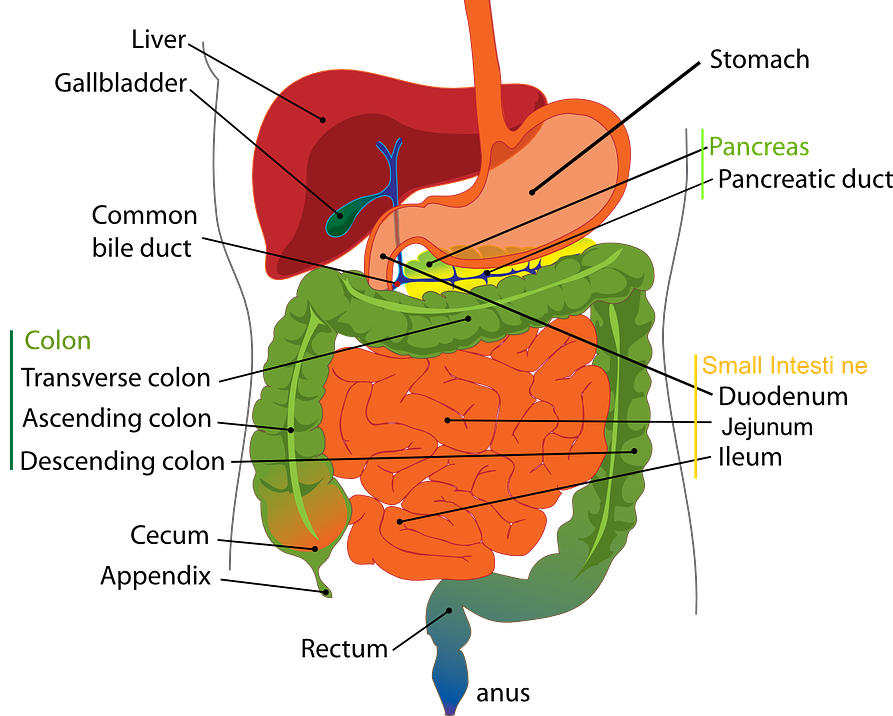
The digestive system depends on water to keep it operating efficiently. The minerals and nutrients in our food dissolve in water, which then allows them to reach different parts of the body.
The bowels need water to work properly as well. Dehydration can lead to digestive problems, constipation, and an overly acidic stomach. This increases the risk of heartburn and stomach ulcers.
Water is also needed to flush waste out of the body in the form of either sweating, or the removal of urine and feces.
Water Hydration for Well-Being
Staying hydrated can help in one’s overall well-being. Just some of the additional benefits of water:
- Water lubricates the joints
- Sufficient water intake can decrease or eliminate muscle cramps
- Water cushions the brain and spinal cord, which assists in critical thinking
- Water can help maintain skin’s elasticity and reduce premature wrinkling
Daily Recommended Water Intake
Many want to know how much water they should drink every day for optimal health. The standard 8 – 8-ounce glasses isn’t right for everyone, as there are many factors to consider. Some of these factors include the climate one lives in, how much one sweats, how active one is, along with a person’s age and size.
According to the U.S. National Academies of Sciences, Engineering, and Medicine, an adequate daily fluid intake is about 15 ½ cups, or 3.7 liters a day for men, and about 11 ½ cups, or 2.7 liters a day for women. This recommendation includes fluid intake from all sources, including food and other beverages.
These recommendations cover fluids from water, other beverages and food. About 20% of daily fluid intake usually comes from food and the rest from drinks. This calculation would mean that men should be drinking 12.4 cups a day of liquid, and women should be drinking 9.2 cups per day. Considering many people drink beverages other than water, the 8 glasses a day recommendation seems about right.
There are times though, when the recommended 8 glasses a day is not enough. When you have a fever, or are sick with diarrhea or vomiting you should always make sure you stay hydrated. When you’re outside in the heat, or if you’re sweating profusely, you should drink plenty to make up for the loss of fluid from your body. If you’re thirsty, listen to your body and grab a glass of water.
As you get older, and many times less active, it’s still important to stay hydrated. Certain medications can cause dehydration, as well as reduction in kidney function. Never feel that you’re too old to keep drinking water; it should become a life-long habit.
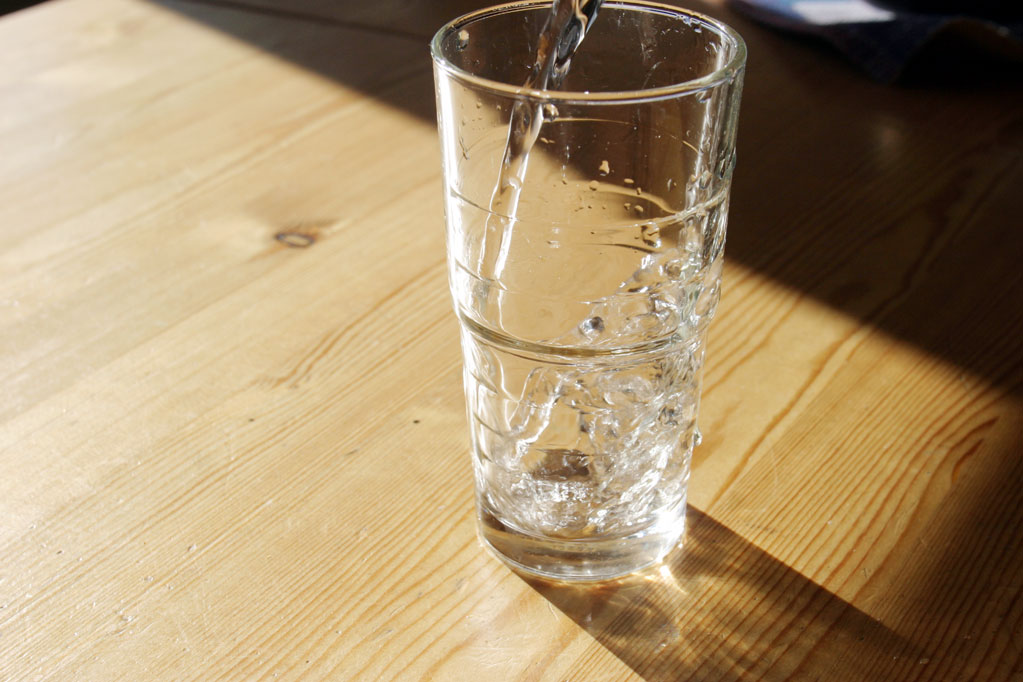
Can A Person Drink Too Much Water?
Some people may wonder if there’s such a thing as drinking too much water. There actually is, and it’s called hyponatremia, or water intoxication. This is when the sodium levels in the blood plasma becomes too low. Low sodium results in your cells starting to swell. This can result in some of the same symptoms you get from not drinking enough water.
However, hyponatremia is rare. When it does occur, it usually affects endurance athletes, people with diabetes, or people taking certain medications. If you have certain medical conditions, or if you take certain medications, it’s best to consult your doctor about how much water consumption is right for you.
Summary
In conclusion, the amount of water a person needs varies based on their age, size, temperature, and overall health. If you’re unsure, your best plan is to stick with the 8 – 8-ounces a day rule. If you’re still thirsty, add an extra glass or two. If you feel water logged, drink a little less.
An individual’s body is best in determining what it needs, and if you feel thirsty, it’s your body’s way of telling you to get something to drink. When you wonder what you should get to drink, you can never go wrong with water.
- https://www.niddk.nih.gov/health-information/kidney-disease/kidneys-how-they-work?dkrd=hispt0004

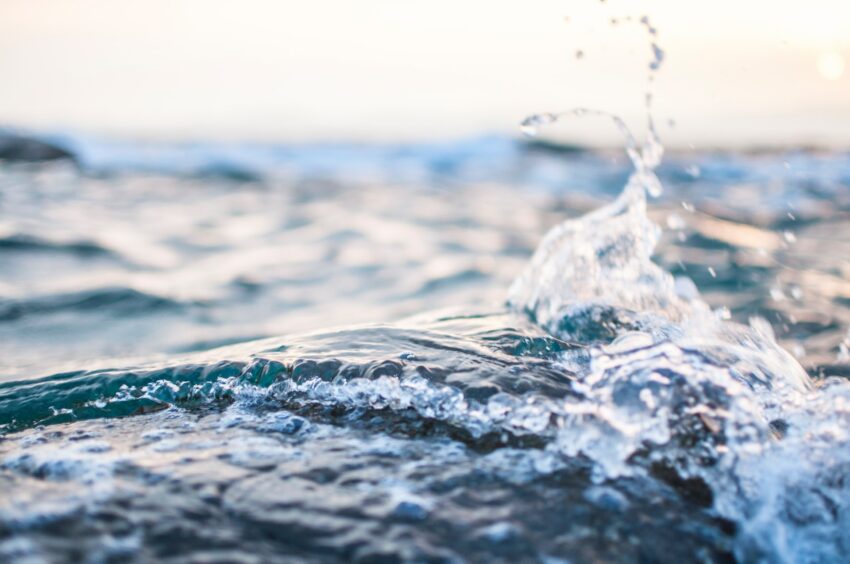
Great article, very informative and interesting wel done.
Interesting article! Have never really given any in-depth thought to what water does to the body. Just knew that drinking 8oz water daily is good for the body but sometimes find this hard to do .The impact of water on the normal functioning on the lungs and kidneys are huge so I will most certainly strive a bit more to consume 8oz of fluid daily.
I have also wondered if it were possible to drink too much water. Thank you for explaining that the condition is rare as this is a big relief for me.
Ceci
Thank you for this article on the importance of drinking water. I knew water had many benefits, but I didn’t know they were these many!
Not only does it hydrate our cells and help regulate our body temperature, but it also aids in digestion, elimination, and detoxification.
And when it comes to kids, I think it’s even more important to make sure they’re getting enough water. Their bodies are still developing and growing, so they need adequate hydration to function properly. Plus, active kids tend to sweat a lot which can lead to dehydration if they’re not replenishing their fluids.
I try to ensure my kids drink water regularly because it is so important for their health.
I try as much as possible to remind them, but most importantly, I show them through my action.
I think adults, parents, and many groups of people would really benefit from this article.
Thank you for this post, it’s really informative.
Cheers,
Femi.
We learned so much from this article, we drink gallons of water and nothing else we didn’t know that you can overdose on water. Learning that water is the main cause of peoples problems you hear people I don’t like water.
Using water all the time is hydrating and comforting along with replenishing your body and pours, hair and nails.
Great article ! I am a senior, 74 years young, but very active. I’m in the gym 5 – 6 mornings a week keeping myself fit. I must admit that I’ve been aware of the need for adequate hydration but for some reason tend to ignore it, unfortunately. The information in this post has really helped me to realize the ‘ reasons why’ I need to stay hydrated. Armed with this knowledge will help me stick to my plan of 8 X 8oz glasses of water a day. Thank you for the push…